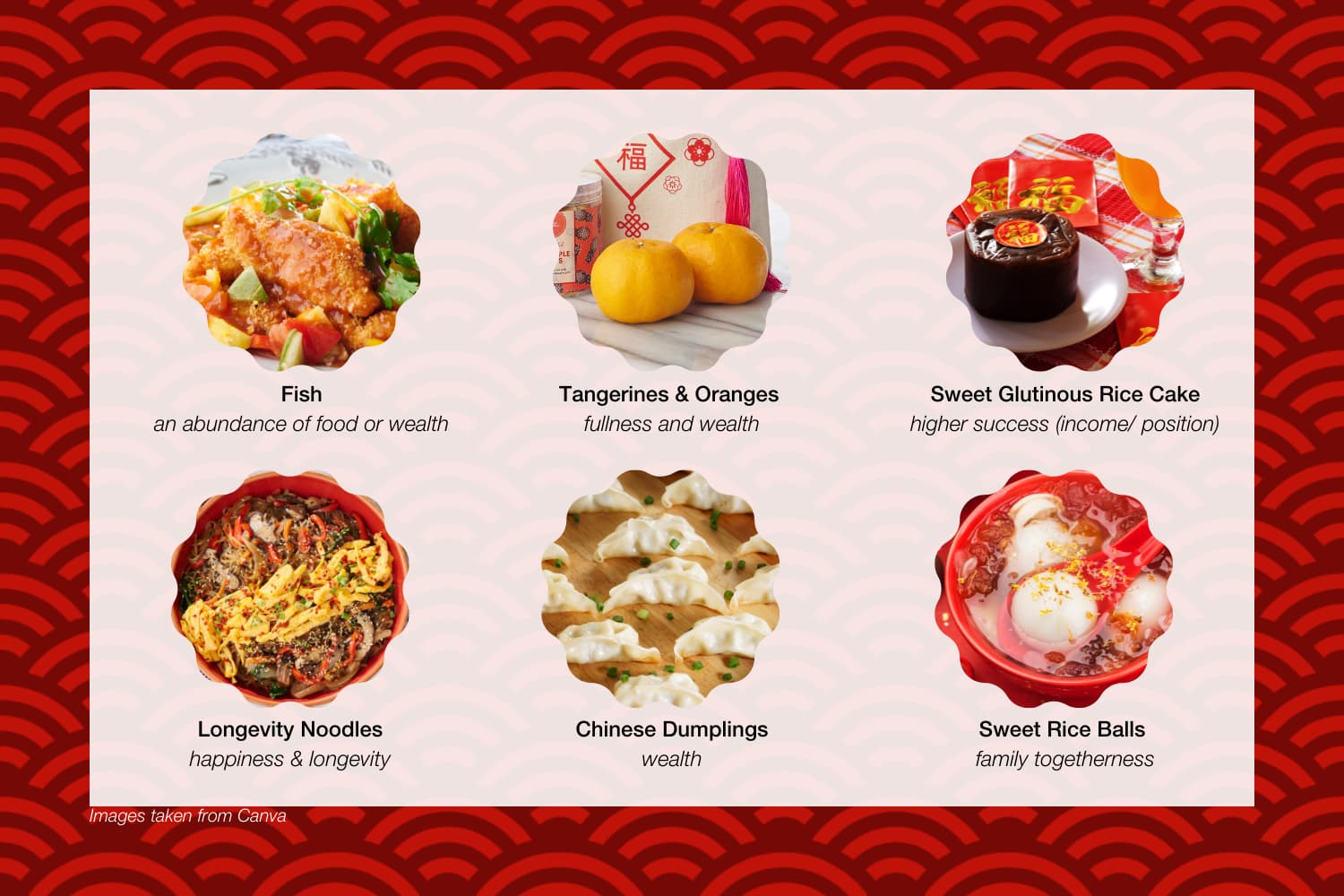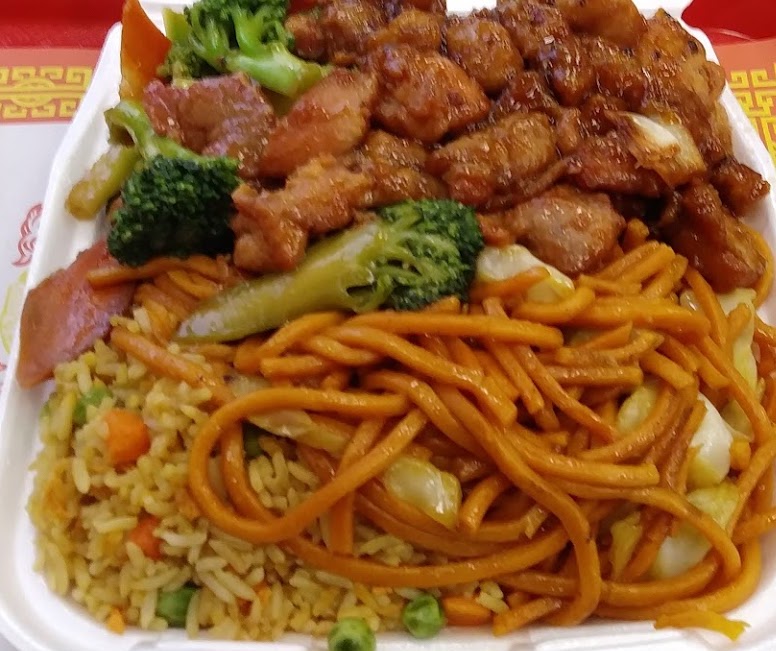Embark on a culinary adventure with lucky chinese food, a tantalizing fusion of tradition, symbolism, and gastronomic delight. Steeped in centuries of cultural heritage, these dishes not only nourish the body but also carry profound meanings and auspicious wishes.
From the vibrant streets of Beijing to the bustling markets of Hong Kong, lucky chinese food permeates every aspect of Chinese life, gracing festive tables and symbolizing prosperity, longevity, and good fortune.
Cultural Significance of Lucky Chinese Food

The belief in lucky Chinese food has deep historical and cultural roots in Chinese tradition. Lucky Chinese food is believed to bring good fortune, prosperity, and longevity to those who consume it. This belief stems from the ancient Chinese philosophy of yin and yang, which emphasizes the balance of opposing forces in the universe.
When Christmas rolls around, the search for lucky Chinese food might be challenging due to closures. But fear not, for many restaurants will remain open, offering a festive twist on your favorite dishes. Whether it’s dim sum, noodles, or a hearty rice platter, you can indulge in the flavors of fortune while enjoying the Christmas spirit.
Explore your options and treat yourself to a delectable meal that combines the traditions of East and West.
Lucky Chinese food is often served during Chinese festivals and celebrations, such as the Chinese New Year and the Mid-Autumn Festival. During these festivals, families gather together to share meals that are believed to bring good luck and fortune in the coming year.
Role in Chinese Festivals and Celebrations, Lucky chinese food
Lucky Chinese food plays a significant role in Chinese festivals and celebrations. Some of the most popular lucky foods include:
- Dumplings: Dumplings are a symbol of wealth and prosperity. They are often filled with meat, vegetables, or seafood, and are served with a dipping sauce.
- Noodles: Noodles are a symbol of longevity. They are often served in long strands, which represent a long and prosperous life.
- Fish: Fish is a symbol of abundance and prosperity. It is often served whole, with the head and tail intact, to represent completeness and good fortune.
- Spring rolls: Spring rolls are a symbol of new beginnings. They are often filled with vegetables or meat, and are served with a dipping sauce.
- Sweet rice balls: Sweet rice balls are a symbol of family unity and happiness. They are often filled with sweet paste or fruit, and are served in a sweet soup.
These are just a few of the many lucky Chinese foods that are served during festivals and celebrations. Each food has its own unique meaning and symbolism, and is believed to bring good luck and fortune to those who consume it.
Common Lucky Chinese Foods

Chinese cuisine is rich in symbolism, and many dishes are believed to bring good luck. These foods are often served during special occasions, such as the Chinese New Year, to ensure a prosperous and fortunate year ahead.
The association of certain foods with luck often stems from their appearance, sound, or cultural significance. For example, round-shaped foods symbolize completeness and unity, while foods with long noodles represent longevity.
Lucky Foods and Their Meanings
- Noodles (长寿面 Chángshòu Miàn): Long noodles represent longevity and a long life.
- Fish (鱼 Yú): The Chinese word for fish (鱼) sounds similar to the word for “abundance” (余), making fish a symbol of prosperity and abundance.
- Spring Rolls (春卷 Chūn Juǎn): The shape of spring rolls resembles gold bars, symbolizing wealth and prosperity.
- Dumplings (饺子 Jiǎozi): Dumplings are shaped like ancient Chinese currency, representing wealth and prosperity.
- Sweet Rice Balls (汤圆 Tāngyuán): Sweet rice balls symbolize family unity and completeness.
- Glutinous Rice Cake (年糕 Niángāo): Glutinous rice cake represents “higher year by year” (年年高升), symbolizing progress and success.
Conclusion: Lucky Chinese Food

As we bid farewell to our exploration of lucky chinese food, let us remember that these dishes are not merely culinary creations but vessels of cultural significance and culinary artistry. Whether savored during joyous celebrations or incorporated into modern cuisine, they continue to enchant our palates and enrich our understanding of Chinese traditions.

